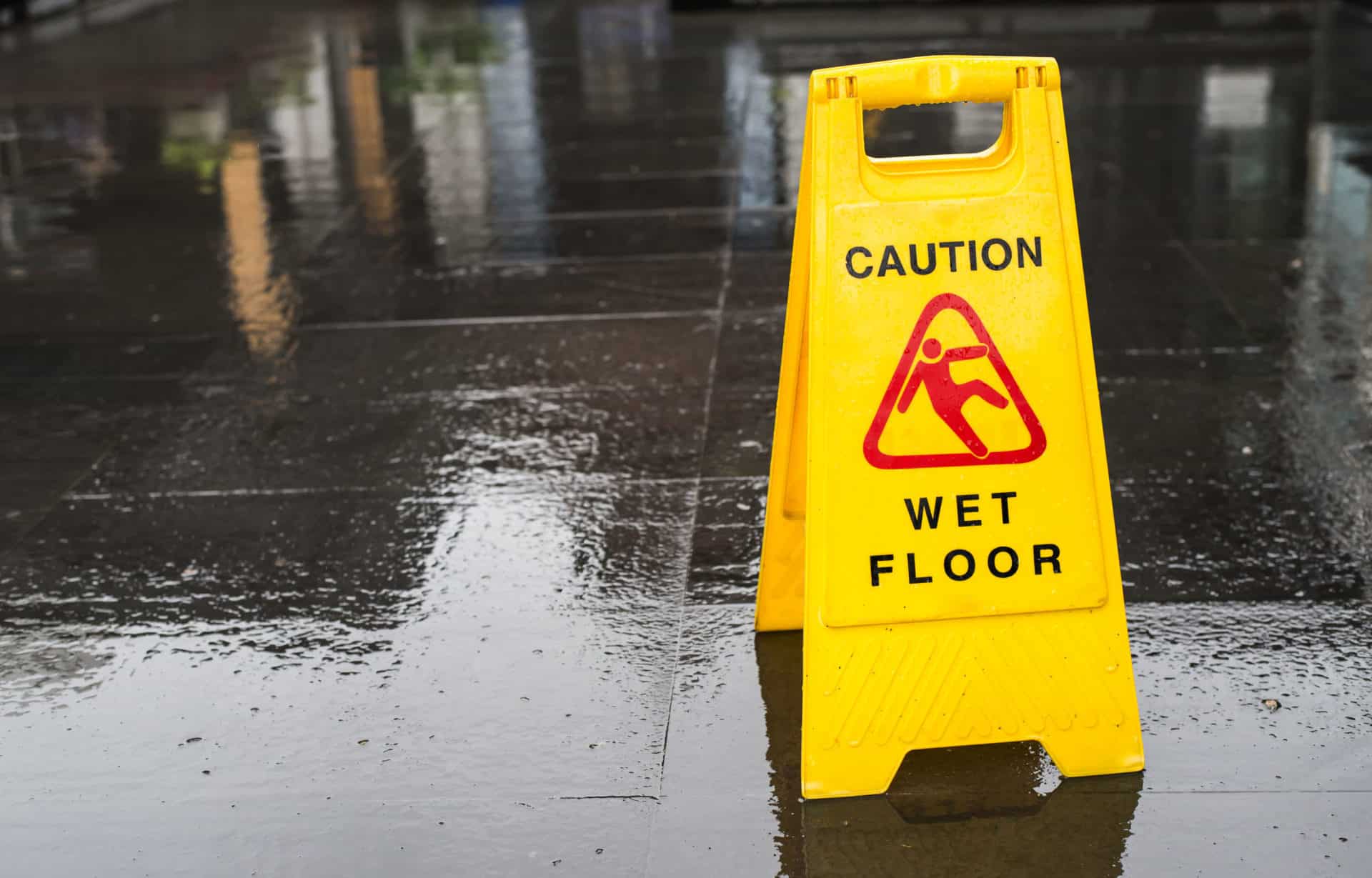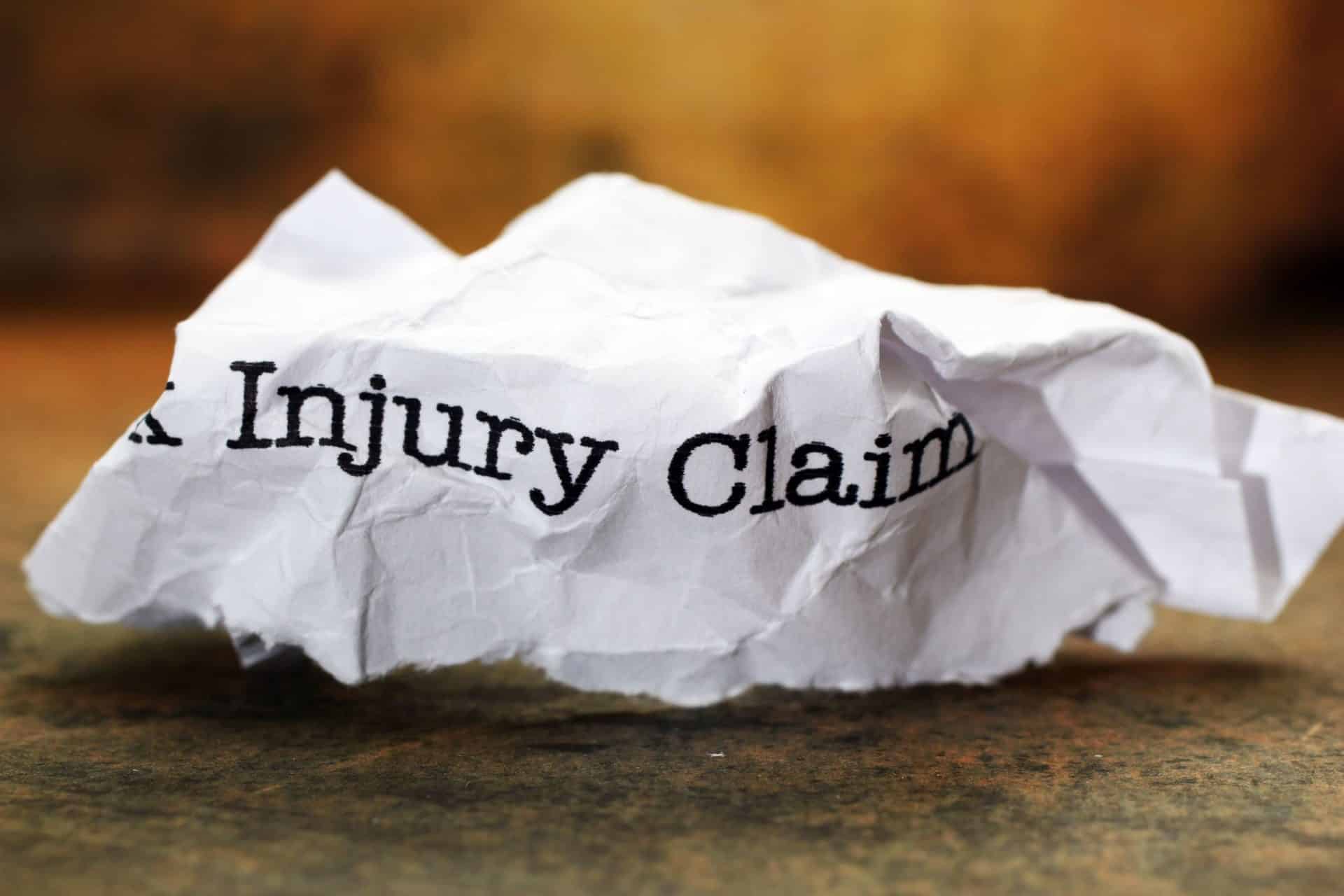
In New York, it’s all too easy for negligence to lead to serious injuries. Especially in the winter, when the floors are wet, the sidewalks are icy, and the weather is against you. There are a lot of moving parts that need to coordinate in order to keep the city safe for everyone.
Accidents happen, but everyone has the responsibility of making them easier to avoid. When you slip, fall, and injure yourself, sometimes it’s because of one person’s negligence.
Other times, it’s not so simple. In these cases, it’s crucial to name everyone who could be held responsible. If you don’t name all responsible parties, your case could be dismissed.
How a Fall in New York Can Be the Fault of Multiple Parties
It’s not unusual to see multiple people involved in an injurious accident. The kind of negligence required to lead to someone being seriously injured is complex. In fact, it’s as common to see multiple parties involved in a fall as it is to see only one.
Outdoor Slip and Fall Accidents
If you should slip and fall on ice in front of a business, there may be multiple parties responsible. Depending on leasing and rental agreements, there could be multiple people responsible for the property where the accident took place.
The company is typically responsible for the safety of their walkways. What happens, though, when they contract out the maintenance of those sidewalks to a snow-removal service? In that instance, the contractors may share liability.
Indoor Slips and Trips
The same can be the case indoors. If you trip, fall and injure yourself in a hotel that’s being renovated, the hotel likely bears at least some responsibility. When you trip over renovation materials left by the construction company, on the other hand, the hotel will probably point the finger at them.
It’s important to gather these kinds of details ahead of your claim so that you can name all responsible parties and ensure your case doesn’t wind up dismissed.
Why Naming All Parties Is Important in NY Personal Injury Cases

The state of New York determines fault in slip and fall cases on the basis of pure comparative negligence. Instead of just determining whether a particular party is at fault or not, they compare how much at fault they are to other parties named in a suit.
Comparative Negligence
When there is more than one party at fault, then the amount of fault will be split between them according to the percent of assigned responsibility.
In the slip and fall case outlined earlier, the business and the snow-removal service both carry fault. However, the amount each is at fault can vary. If the snow-removal service was late or did their job poorly, they might be 80% at fault.
On the other hand, if there were a significant snowfall and the business did not reach out to the snow-removal service, then fault might be 80% with the business. The exact amount depends on the circumstances surrounding your accident.
Let the Court Assign Fault to Responsible Parties
The judge or jury determines who is liable for what percentage of the damages. You are unlikely to go into a case confident as to who will be named more responsible.
No matter what, though, it’s required that you list all possible responsible parties from the get-go. If you don’t, your case can get dismissed before it goes to court.
Otherwise, Face Dismissal without Prejudice
Dismissal happens due to legal technicalities. If you leave off someone who is partially responsible, then the other parties have a legal advantage.
They can claim that the party you left off the case was largely or solely responsible for the accident. Because that party is not a part of the case, it makes splitting the damages impossible to do fairly.
In that circumstance, your case will get dismissed. Specifically, this is codified in the clause in New York Civil Practice Law Rule 3211 that states “the court should not proceed in the absence of a person who should be a party.” This is considered a dismissal without prejudice, meaning that you can file again.
Refiling within the Original Statute of Limitations
You are required to go through the entire process of filing from the beginning and observe the statute of limitations. In New York, the statute of limitations for personal injury lawsuits is three years. Considering how long some legal processes can take, if your case is dismissed, you could easily run out of time.
An Experienced NY Attorney Can Navigate the Legal System Quickly and Efficiently

The legal system is full of bureaucracy, and it’s natural to find it confusing. If you’re in a personal injury situation, you shouldn’t wait to seek good representation. An experienced New York slip and fall lawyer will help you navigate the system and prevent simple mistakes.
By ensuring all your paperwork is correct from the start, you don’t have to worry about your case being dismissed. Instead, you can focus on working to receive the damages you are owed by the negligent parties.









